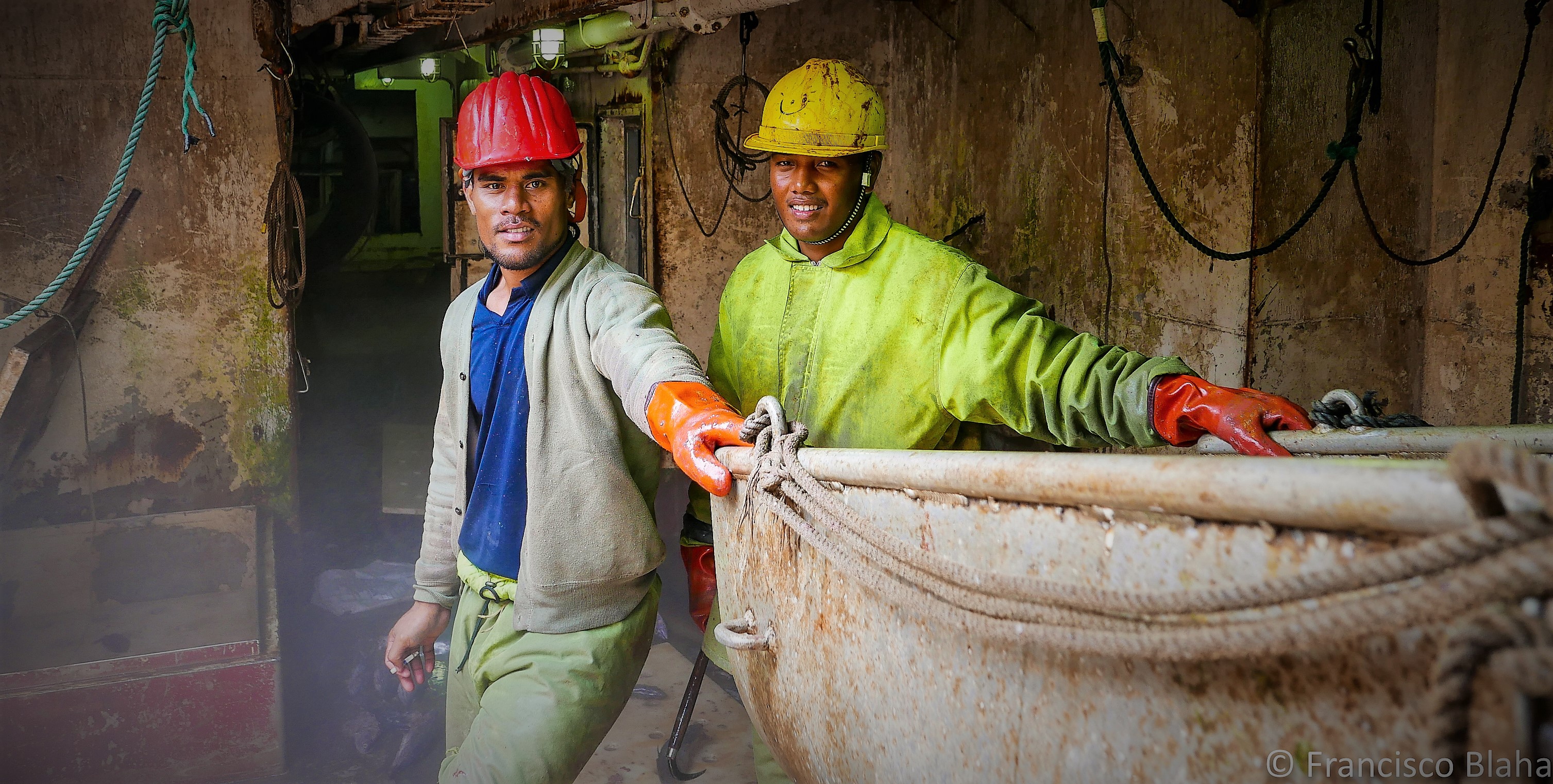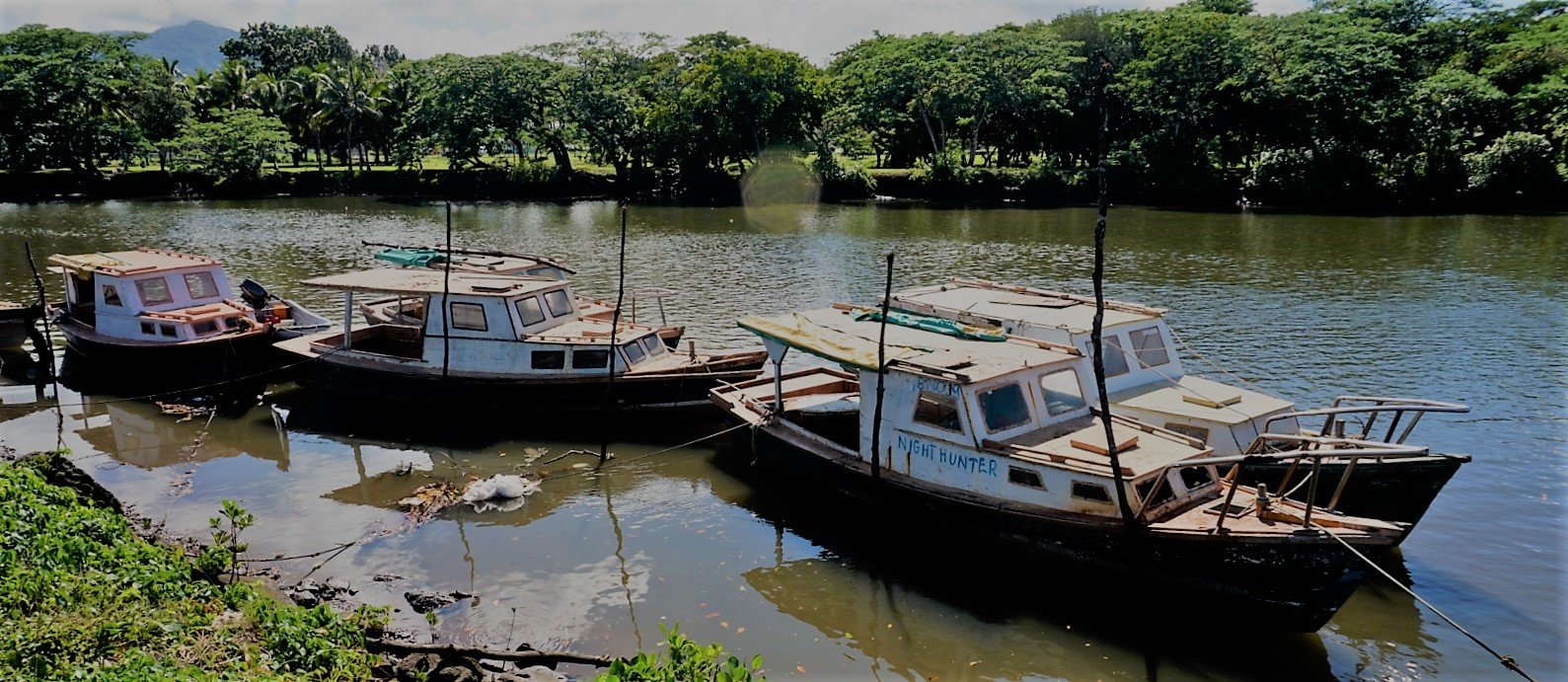Fish stocks around the world are in decline with a large proportion of this decline attributable to the widespread practice of illegal, unreported and unregulated (IUU) fishing. Declining fish stocks result in increased fishing efforts to make up the shortfall of catches and this often leaves fishing vessels operating beyond economic and ecological sustainability. Subsidized fishing fleets often backed by national governments are one way to skirt this economic inconvenience.
Tragically, another alternative is cost-cutting on the human side of commercial fishing. This results in poor working conditions for fishing crew, forced labour, slavery and even human trafficking. This forms a hidden subsidy of sorts for IUU fishing that impacts those directly responsible for catching fish and tainting the seafood that is supplied globally. The Pacific Island Forum Fisheries Agency (FFA) which was established with the mandate to assist Pacific Island Countries manage their fishery resources is taking measures to address this oft-neglected aspect of fisheries.
FFA members lay claim to some of the richest tuna stocks globally. Under the United Nations Convention on the Law of the Sea (UNCLOS) states have sovereign rights to manage their 200 nautical mile Exclusive Economic Zone (EEZ). This means that the right to issue licences and on what terms and conditions lies with these states and within their EEZ. In this legal bulletin we consider how the FFA is implementing a decision of its members to use licence conditions to better regulate working conditions on fishing vessels that operate in its waters.





